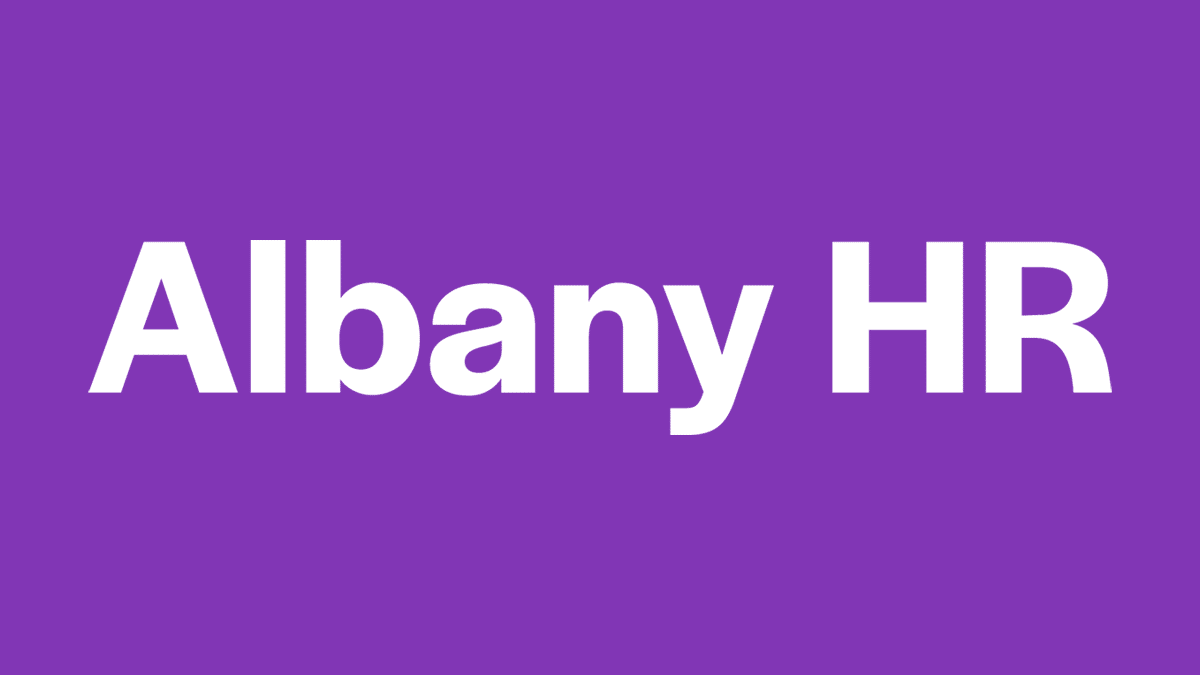Inside this edition:
Flexible work arrangements are here to stay | Ensuring a safe and healthy workplace | 20% of neurodivergent workers have experienced workplace discrimination | What type of company culture does your workplace have?
Flexible work arrangements are here to stay.
Around 30% of employers have seen an increase in staff working from home over the past 12 months, Acas has said, and it looks like this number isn’t likely to decrease anytime soon. Did you know the law on flexible working changed in April this year, and employees now have the right to request flexible working arrangements from the first day of their employment? It’s important that you are aware of how to manage flexible working requests, and having an up-to-date Flexible Working Policy is the best way to manage this.
Flexible working is a broad term used to describe any working arrangement that meets the needs of both the employee and the employer regarding when, where and how an employee works.
Examples include, but are not limited to, part-time working, homeworking, hybrid working,
flexitime, job sharing and alternative hours.
Talk to us today about how we can help you navigate the legislative changes and explore what ‘flexible work arrangements’ might look like in your business.
Ensuring a safe and healthy workplace.
In today’s ever-evolving business landscape, prioritising the health and safety of your workers is essential. Join us, as we explore the significance of maintaining a robust focus on health and safety initiatives while adhering to legal requirements. It will be held on Tuesday 4 June 2024, 8.30 am – 10.30am at The Royal Scots Club, 29-31 Abercromby Pl, Edinburgh EH3 6QE.
During this informative session, presented by our Health & Safety partners, Armour Risk Consulting, covering the following key facets of health and safety at work:
During this informative session, presented by our Health & Safety partners, Armour Risk Consulting, covering the following key facets of health and safety at work:
- Understanding the importance of managing health & safety.
- Identifying common causes of workplace injuries.
- Implementing the “Plan, Do, Check, Act” approach.
- Exploring collaborative opportunities between HR and Health & Safety departments.
- Strategies for achieving successful health & safety management.
This session is tailored for individuals with responsibilities in health & safety management and for anyone seeking to enhance their understanding of how to foster a safer work environment.
Join us for an early morning networking opportunity, valuable insights, and practical steps to elevate health and safety practices within your organisation. Please RSVP by 31 May 2024 to secure your spot – https://www.eventbrite.co.uk/e/901500772077.
20% of neurodivergent workers have experienced workplace discrimination
A report by the CIPD has found that a fifth of employees with neurodivergent conditions are facing a difficult working environment. A third of respondents said that their experience at work had a negative impact on their mental wellbeing, and 19% said that this had affected their intention to stay with their employer and the likelihood of recommending their employer to a friend.
Despite these figures, more than half of people surveyed for the Neuroinclusion at work report said that they felt their organisation was neuroinclusive.
This shines a light on workplace culture as a whole and the way we treat neurodivergent people in our businesses. Many organisations do not formally discuss neurodivergence and the report found that many had not disclosed their neurodivergence to their employer for various reasons.
The CIPD points out that neurodivergence needs to be a key part of businesses’ equality, diversity and inclusion work – but it is often overlooked and this is a significant missed opportunity when it comes to talent shortages and ironing out inequalities often faced by neurodivergent people.
How does your business approach the topic of menopause?

You may want to take note of a recent example of what not to do from Avanti West Coast. The train company’s employee support group handed out a staff gift bag containing such delights as a pencil “to write down things you might forget”, a paperclip “to help you keep it all together”, a tissue for “if you’re feeling a bit emotional” and a jelly baby “in case you feel like biting someone’s head off.”
The gift bag was apparently intended to help support conversations about menopause, but rail union representatives have described it as demeaning and insulting.
This raises the fact that all businesses need to include menopause in their diversity, equality and inclusion policies – and make sure they are doing it right.
There are 4 types of company culture. Which does your company have and does it need to change?

A strong company culture is crucial when it comes to a successful business. BUT, you may have the wrong culture for your business…
The Competing Values Framework is a tool first used in the 1980s; it outlines four types of company culture:
Clan culture
A clan culture is exactly what it sounds like. Employees are more like a family. Everyone gets on well and maintaining that strong company culture is a high priority.
A clan culture is common among start-ups and employees are given the freedom to work in a tranquil and collaborative environment.
The risk of adopting a clan culture is that there’s a potential for the work/fun balance to tip too far towards fun. Employees could become disengaged from their work given too much freedom.
Adhocracy culture
This type of culture is all about flexibility and innovation; it’s often found in modern tech companies. A business with an adhocracy culture is always developing new products and ideas, with a creative and energetic environment.
A potential downfall of an adhocracy culture is that things can begin to feel chaotic and employees may not have clearly defined roles.
Market culture
A market culture is performance-oriented and results-driven with high performance goals for everyone. The main focus is on profit and market share, with less consideration of community.
The downfall of a market culture is the risk of burnout when employees are being constantly pushed to achieve bigger, better things all the time. There can also be conflict between competing employees and the risk of dishonesty in order to appear successful.
Hierarchy culture
This is the most traditional type of culture in a business and is centered around a clear hierarchical structure. There are clear processes and procedures to keep everything running smoothly. There are often strict rules and close supervision of employees, with several layers of management.
So, which type of company culture do you think your business has?
If you’re wondering about the culture in your business, it’s a good idea to work with an HR consultant to survey your team.
Once you have answers, you can consider whether you want to change the culture of your business.
Q & A
My employee has been using AI to complete their work – what can I do?
First, check your terms of employment and contract to see what is said about employees carrying out their duties. Your terms of employment may have been violated, along with your trust, if your employee has used AI to do their job for them. There is a risk of copyright infringement and, depending on your area of business, there could also be a Data Protection issue here. Treat this as a disciplinary issue and also as a chance to ensure your policies are up to date when it comes to using AI tools.
Do I have to agree to a sabbatical request?
The short answer here is no. There are no actual laws around employees taking a career break – it’s an agreement between you and them. Employees do have the right to request flexible working and they may use this to request a sabbatical. If you’re worried about this, it may be worth creating a formal policy covering sabbaticals which covers what happens to the employees’ benefits during their sabbatical.
Can I refuse time off for medical appointments if we’re short staffed?
You are not legally required to allow time off work for medical appointments. However, as an employer you do have a “duty of care” to your employees, meaning that you must take reasonable steps to ensure their health, safety and well-being while at work.
Double-check your employee’s contract and any relevant company policies though, as this may be something that has been agreed previously.

